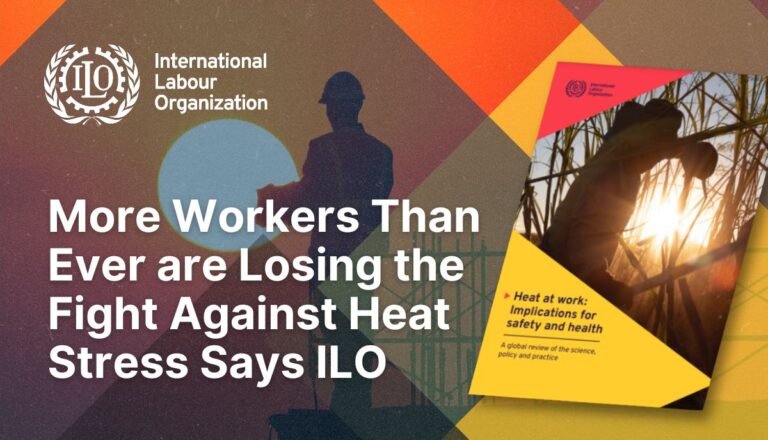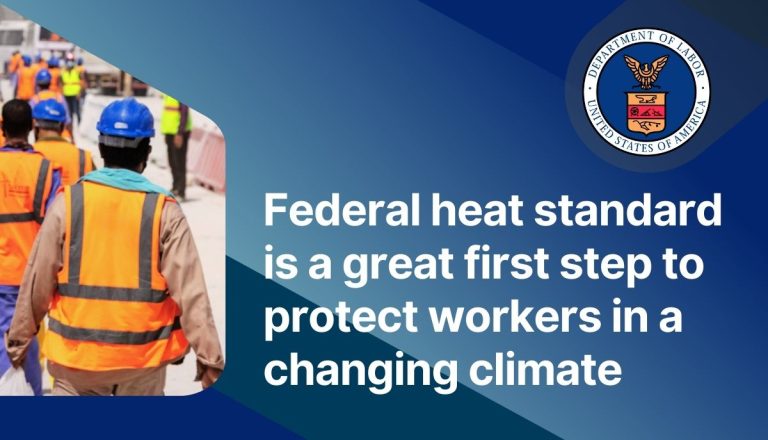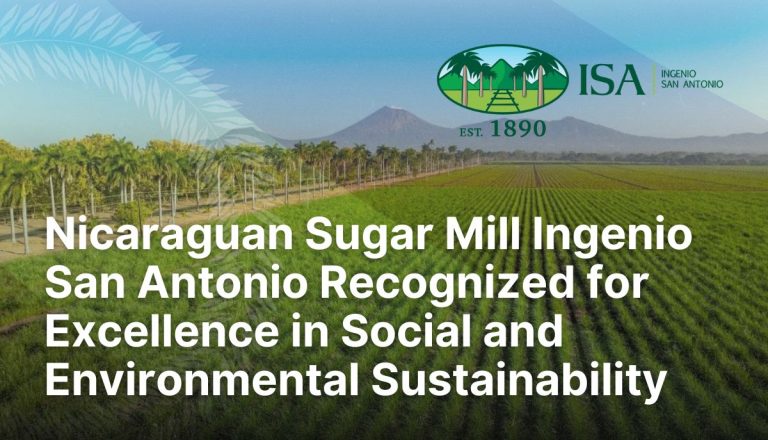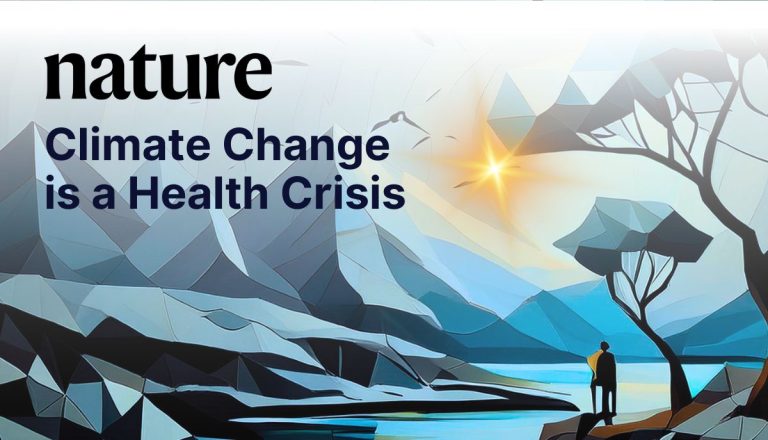Peaceful Protest Turns Violent
Former sugarcane workers demand rights in Nicaragua
CHICHIGALPA, NICARAGUA – Violence broke out on the Panamerican highway late in the afternoon on Monday, March 18. Riot and special forces police aggressively tried to disperse the crowd through violence, assault, and tear gas. The crowd of 180 protesters, former sugarcane workers, and widows, responded by throwing rocks at the police. At least two protesters were severely beaten. 25 were arrested and imprisoned in Chinandega. Daniel Valdivia, one of the protest organizers, and Emilio Molina, a lawyer representing former workers, both await release.
Earlier in the day, the same former sugarcane workers held peaceful protests in Managua asking for corporate and governmental policy change. The former workers are affected by the epidemic of Chronic Kidney Disease of unknown cause (CKDnT), related to harsh working conditions in the cane fields. Protests occurred outside of both Social Security (INSS) and Grupo Pellas buildings in Nicaragua’s capital. Upon returning to Chichigalpa, the group decided to close down the highway at the entrance to Chichigalpa in an act of civil disobedience to raise awareness to this epidemic.
Reports continued through the night of youth barricading streets with burning tires, and engaging police with Molotov cocktails. Police continued to respond with tear gas. The 13 year-old son of an outspoken activist was reportedly beaten by police who warned him that if he disclosed the assault he will be killed. There has been no response from the national government officials and police and military continue to patrol the city in large groups, monitoring community activists and creating an atmosphere of intimidation.
Chronic kidney disease has ravaged cane worker communities across Western Nicaragua. Chichigalpa is a small city whose workforce is dedicated almost entirely to sugarcane and rum production. From 2002 – 2012, 75% of deaths for men ages 35 – 55 were caused by CKDnT in Chichigalpa. La Isla Foundation, is a public health NGO working with local and international universities to study the cause of the epidemic to best understand how to effectively reduce the prevalence of the disease while protecting the rights of affected communities.
Note: La Isla Foundation did not engage in protests and was only there to document.
For more images please visit our Facebook.







